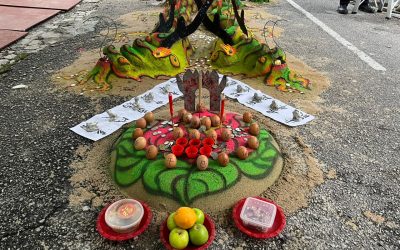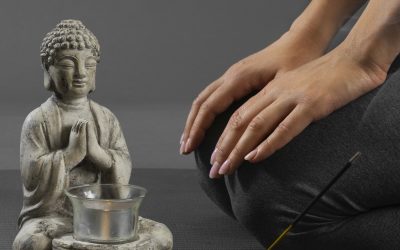
Grieving in the time of pandemic (Part 1)
Grief is part of the normal response when a loved one passes away. When someone close to us dies, it is considered important for those left behind to be able to gather and share memories about the deceased. This is part of the reason why funerals are held. Unfortunately the COVID-19 pandemic has affected the way we normally grieve – especially if the cause of death was due to COVID-19.
Hosting a funeral during the pandemic is difficult as it. Gatherings are considered high risk and as such, funerals are subjected to restrictions to curb the risk of infection. However, the death of a loved one due to COVID-19 can be even more devastating as loved ones would not be able say their farewells properly due to strict rules and guidelines imposed by health authorities on the remains management of COVID-19 victims.
The management of remains under normal circumstances is generally handled by the bereavement care provider appointed by the family of the deceased. A wake and funeral is then held typical for 3 or 5 days depending on the religious and cultural beliefs of the deceased.
In the event the cause of death is COVID-19, the management of remains is handled entirely by the authorities from the Ministry of Health (MOH). Nobody is allowed to come into contact with deceased once he or she has been moved to the mortuary. According to guidelines provided by MOH, only one or two immediate family members in full protective gear are allowed to view the remains at a safe distance. Different hospitals though may adopt different variation of this practice such as only allowing the next-of-kin to view the remains from a separate room through a window or through photographic images.
The remains are prepared by the hospital staff, before being wrapped and placed in a body bag. The body will be disinfected with sanitisers on all layers before being placed in a coffin and sealed. The coffin will then be transferred straight to the burial ground or crematorium with little to no ceremony to minimize risks. The entire process is done under the presence and supervision of an official from the MOH.
The loss of a loved one is in itself a traumatizing event but to be denied the normal processes of grieving due to COVID-19 restrictions can be even more traumatizing. There are however ways we can practice to cope with the loss of a loved one. Stay tune for Part 2 of this article.
For more information about MOH guidelines on the management of remains of COVID-19 patients please refer to this link: http://covid-19.moh.gov.my/garis-panduan/garis-panduan-kkm/Annex_20_Forensic_Guidelines_02122020.pdf
The Funerary Ritual of Liberating the Deceased and Comforting the Bereaved
In traditional Chinese funerals, it’s common to see a ritual called “Breaking Hell” (Po Di Yu 破地狱), performed with a range of practices and varying scales, depending on regional and dialect group customs. However, what is its purpose, how is it conducted, and are there any specific requirements?
Nirvana Asia Group sets a record in “The Malaysia Book of Records” The largest Mid-Autumn Festival held in a memorial park
Nirvana Asia Group recently hosted a family-oriented Mid-Autumn Festival celebration with the theme, “A Cosmic Mid-Autumn Lunar Adventure”, simultaneously setting a new record in The Malaysia Book of Records (MBR) for the largest Mid-Autumn Festival held in a memorial park.
Seven Weeks (Forty-Nine Days): How to Perform the Rituals Correctly
Have you ever heard of the “First Seven and Final Seven Days” after a person passes away, and the belief that there are rituals to be observed for forty-nine days, or that the soul of deceased will return on the seventh day? What are the origins of these beliefs, and how should these rituals be observed after the passing of a family member? What happens if these rituals are not observed?



















